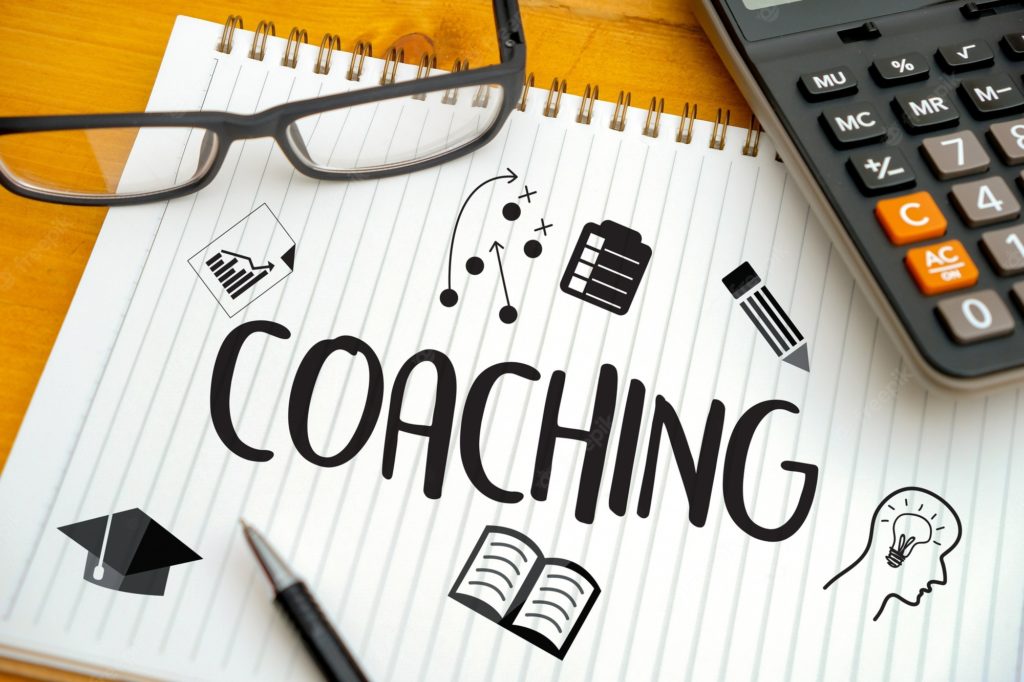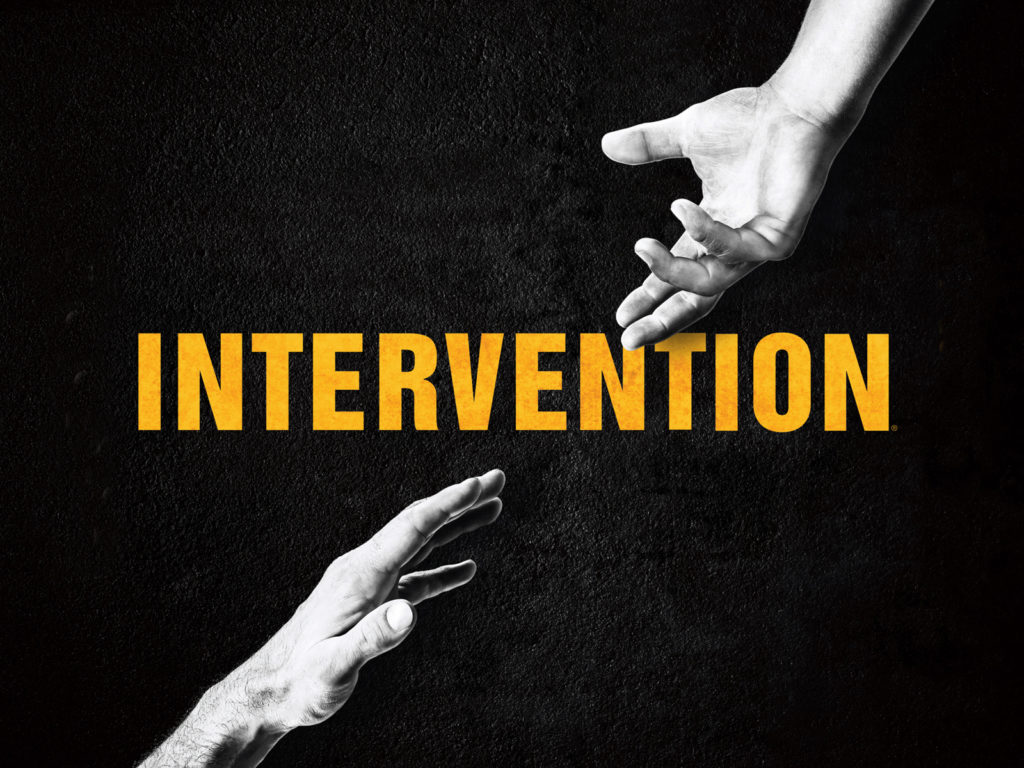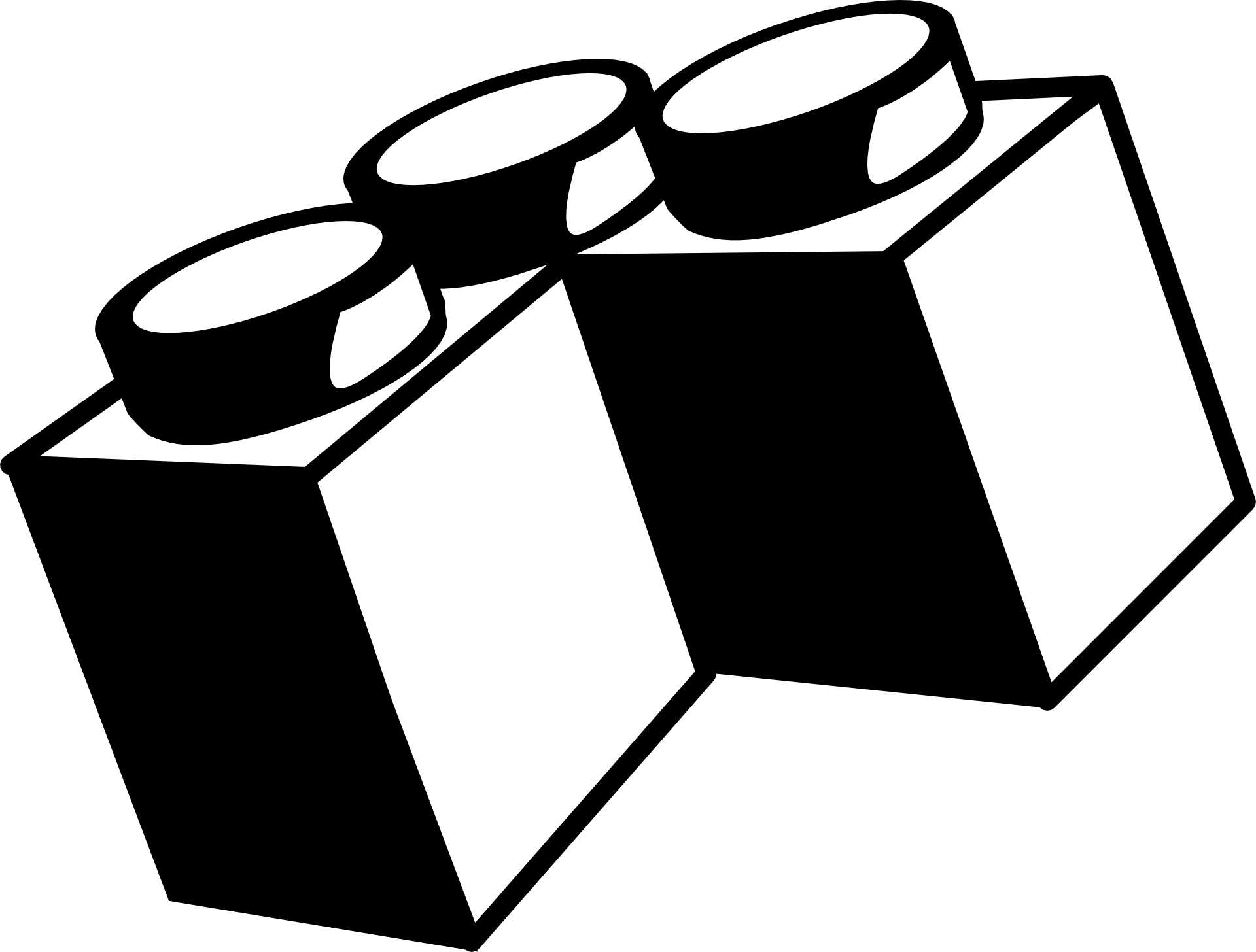
Every team will have guidance in the form of a ‘project’ coach.
Coaching
The goal of project coaching is to enable the team to develop the necessary collaborative behaviors required to achieve the desired results in this game, according to the performance standards set by the team itself.
Coaching serves a facilitating role and differs from the traditional (leadership) role of a project manager or team leader. Collaboration is the key to success in maximizing the potential of a team facing complex challenges. The coach’s objective is to maximize the learning process, focusing on the development of team members, creating awareness of this development, and ensuring a successful project outcome.
The team collectively determines the performance standards they should adhere to, which encourages mutual accountability among team members. If necessary, the coach will intervene with an intervention.

Intervention
An intervention is an action intended to encourage individuals or groups to pause and reconsider their approach to a problem, exploring alternatives. In most cases, coaching interventions involve asking questions. Here are some examples of coaching questions relevant to a team:
- Clarity of objectives: Is the goal clear?
- Stakeholders: What do different stakeholders expect from the team?
- Articulating the challenge: How will this project challenge and stimulate us?
- Team rules: What behavior is expected of us when interacting with each other?
- Communication: How will team members communicate and engage with project stakeholders?
- Conflict management: How will we handle conflicts within the team?
- Reflection: How will we recognize what we have learned from this experience?
These questions help the team consciously reflect on various aspects of their collaboration and learn from their experiences.
Behavioral norms
Every new team starts without established behavioral norms. Research on group dynamics shows that most newly formed teams will adjust their behavior to conform to observed patterns in order to be accepted by others in the group.
The role of the coach is to guide the team through this process by ensuring the desired behavioral norms that the team expects from each other and by holding members accountable when necessary.
More information about the details of your team-coach (who is it?) and the details on their role in the game and the assessment, will be given by your project coordinator.
